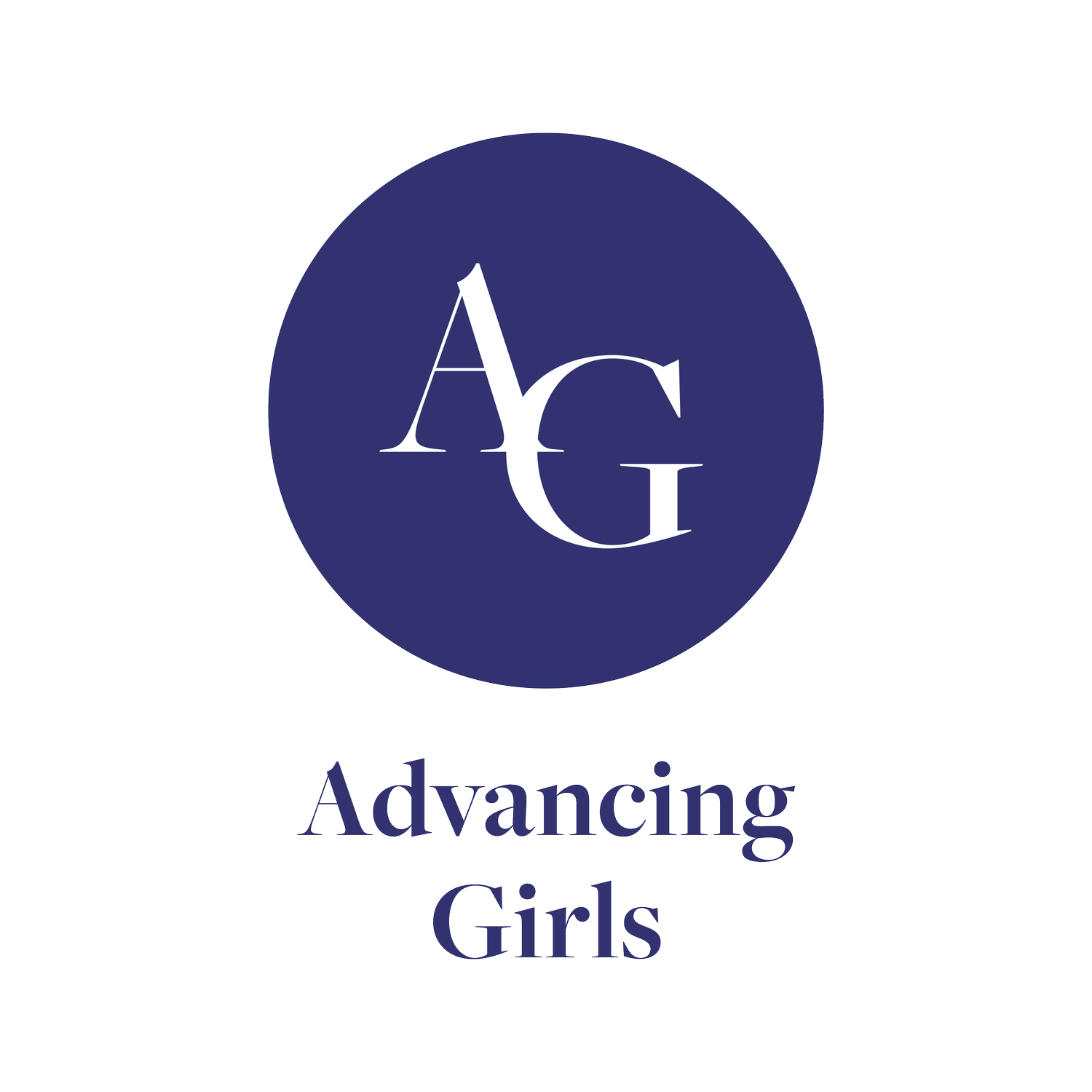
-
Our Mission
Advancing Girls empowers educators with the knowledge, tools, and strategies necessary to close the gender gap in education. We are dedicated to fostering an inclusive and equitable learning environment where every girl can thrive. Through comprehensive training programs, resources, and advocacy, we support educators in creating classrooms that promote gender equality and inspire girls to reach their full potential. Our commitment is to advance opportunities for girls, ensuring they have the same access to education and the ability to succeed in all academic and extracurricular pursuits.
-
Our Purpose
Advancing Girls is a data-driven non-profit that designs research-based policies, programs and curricula for organizations. With girls at the forefront, we work with those serving girls to design the ideal circumstances in which girls can thrive. Why is it necessary to Advance Girls? Because, even in organizations that seek to prioritize girls, the evidence is clear: girls are still being left behind. We strive to create solutions for those working with girls with intentionality, grounded in research on what is best for them.
When we Advance Girls, we advance everyone.
Girls represent half of the world’s population and therefore half of its potential. Girls’ advancement is critical to expansion of economic and social growth
Advancing girls is critical to all areas of a healthy society, from reducing poverty to promoting the health, education, protection and the well-being of girls and boys.
The status of girls…






